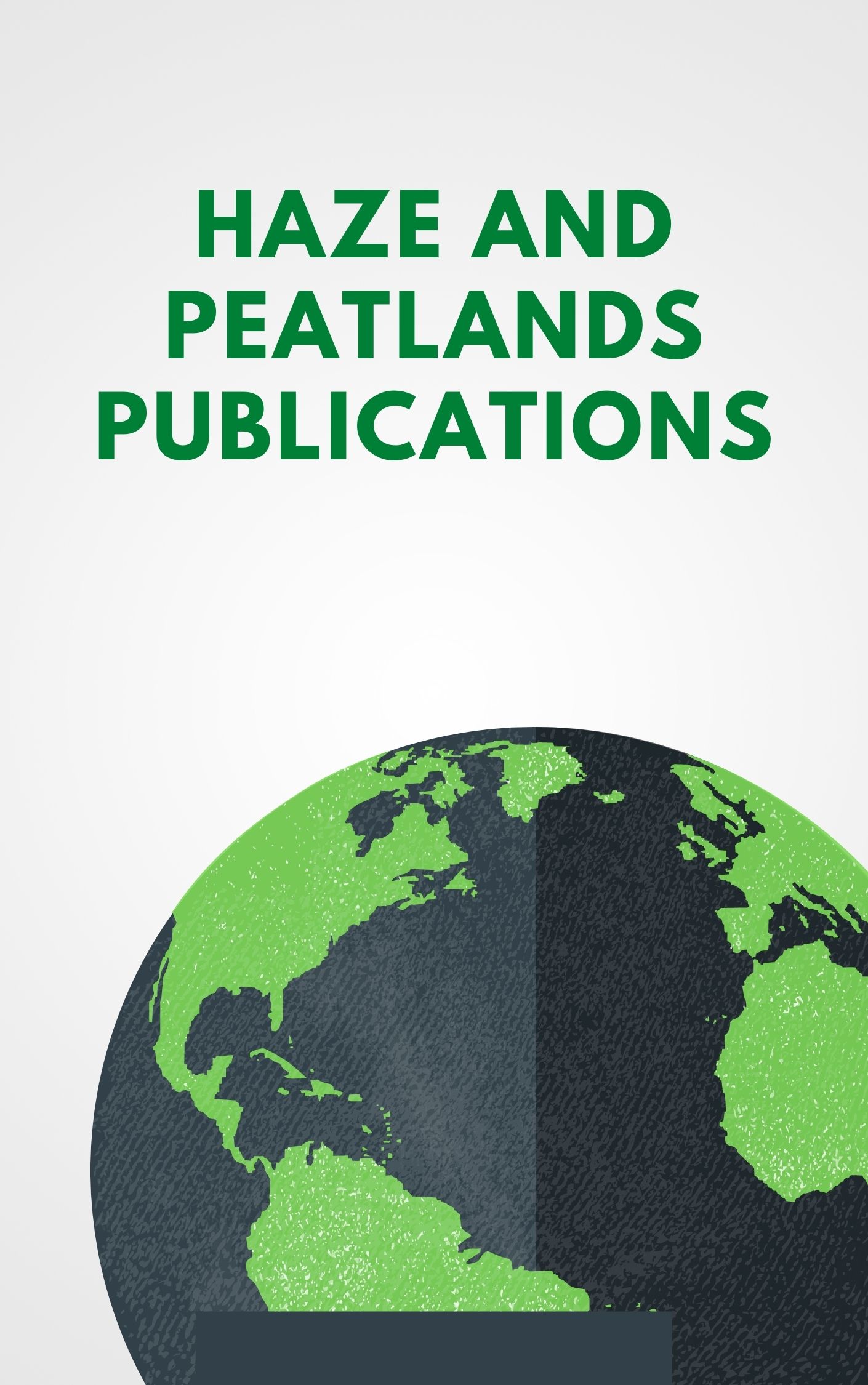Background: Karen refugees have suffered traumatic experiences that affect their physical and mental health in resettlement. The United States Centers for Disease Control and Prevention recommends assessing traumatic histories and mental health symptoms during initial public health screening. This article reports the traumatic experiences that Karen refugees were able to describe during a short screening and contributes knowledge to existing human rights documentation systems. Methods: Four semi-structured and open-ended items asked about lifetime experiences of war trauma and torture. Interviews were completed with adult, Karen refugees during their initial public health screening. Experiences of war trauma and torture were coded using the extensive Human Rights Information and Documentation (HURIDOCS) Micro-thesauri coding system. Additional codes were created to describe experiences not captured by existing codes. Results: Over 85% of 179 Karen people interviewed experienced life-threatening war trauma. All participants who reported war trauma or torture stories were able to describe at least one event. New war trauma codes proposed include: widespread community fear, systematic destruction/burning of house or village, exposure to dead bodies, orphaned in the context of war, injury caused by a landmine, fear of Thai police or deportation from Thailand, and harm or killings in the context of war. New torture codes include: forced portering; forced to be a human landmine sweep; forced to be a soldier, including child soldier; forced contact with a dead body; and removal of the eyes. Conclusion: Karen refugees were able to report traumatic experiences in the context of a brief health screening. The findings confirm existing reports of human rights violations against Karen people and suggest that additional codes be added to the HURIDOCS Micro-thesauri system that is used by torture treatment centers. Understanding the nature of traumatic experiences of this group is important for health providers working with resettled Karen refugees in their countries of resettlement. Health providers may need specialized training to understand the traumatic histories of this new refugee group, learn how to initiate conversations about trauma and its impact on health, and make appropriate mental health referrals in the context of a brief public health screening. © 2015 Cook et al.; licensee BioMed Central.
View source
Keyword(s)
Burma, HURIDOCS, Karen refugees, Qualitative, Torture, War trauma, adult, Article, battle injury, documentation, female, health care personnel, health impact assessment, human, human rights, Karen (people), male, mass screening, medical education, open ended questionnaire, personal experience, practice guideline, public health, public health service, qualitative research, refugee, refugee camp, semi structured interview, ethnology, interview, middle aged, Myanmar, psychology, questionnaire, Thailand, United States, Humans, Interviews as Topic, Refugees, Surveys and Questionnaires, War-Related Injuries

